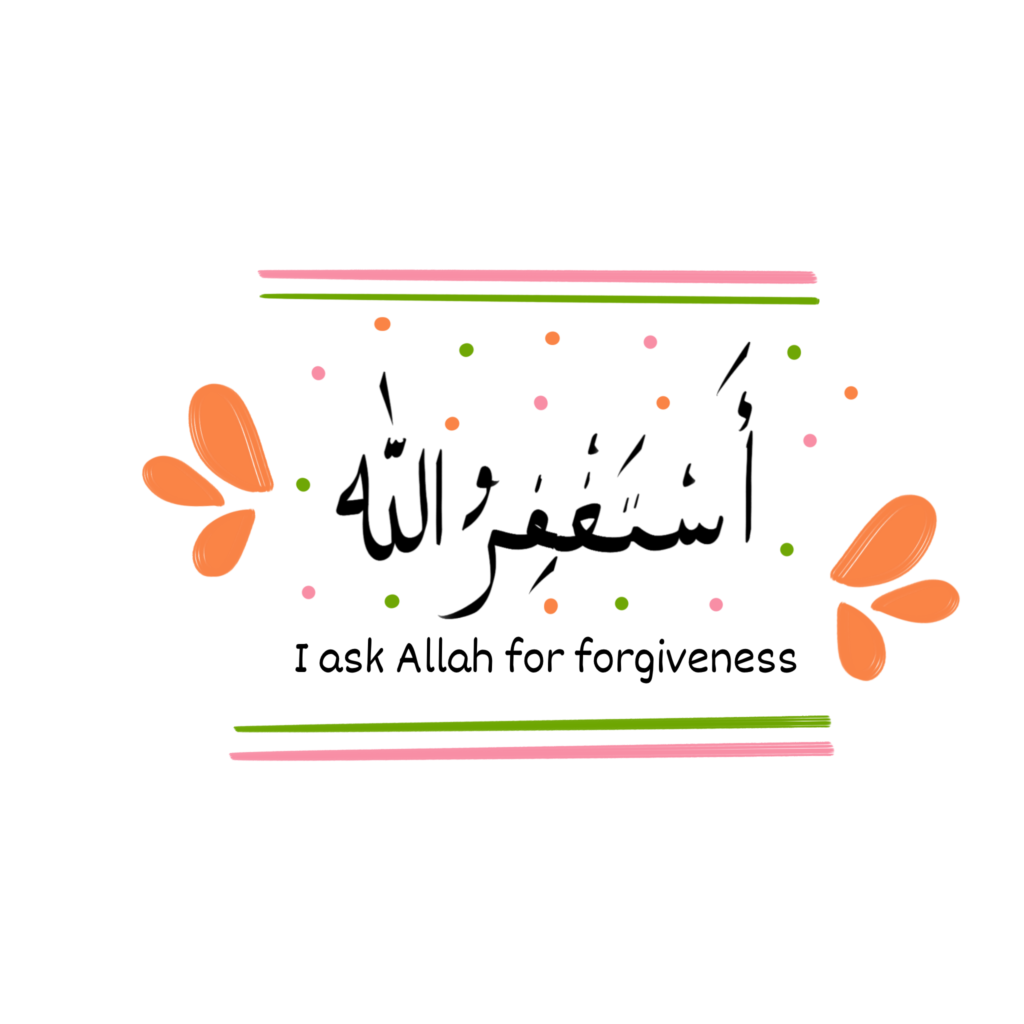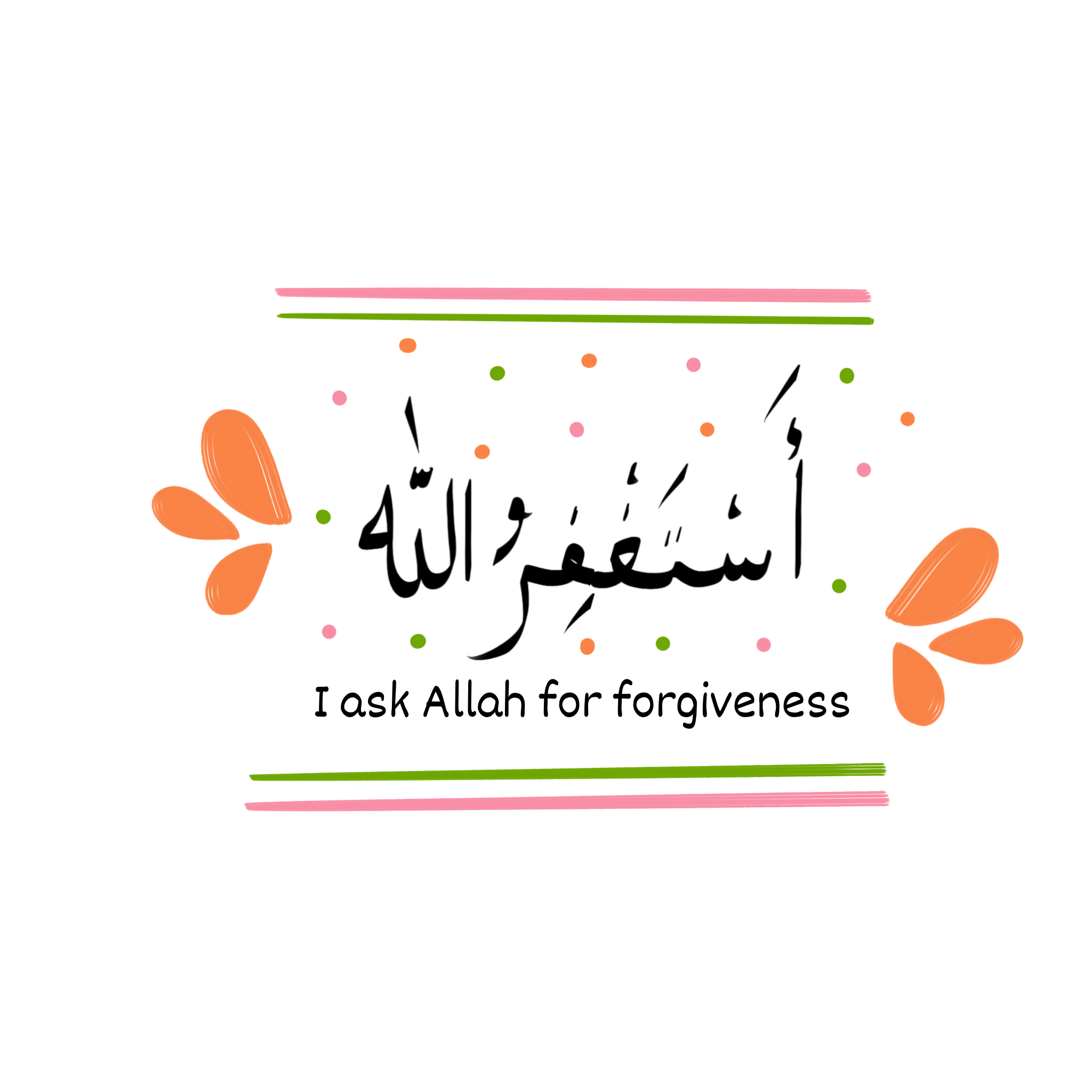Why should you say “astaghfirullah” daily!

Astaghfirullah, which means “I seek forgiveness from Allah,” is the expression used to seek Allah’s forgiveness. Muslims frequently recite this phrase, acknowledging their sins and asking for divine mercy.
The Prophet Muhammad, despite being innocent and virtuous, sought Allah’s forgiveness over seventy times a day, highlighting the importance of repentance in Islam (Sahih Bukhari Volume 8, Book 75, Number 39).
During one of Imam Ahmad Ibn Hanbal’s journeys, he found himself in need of shelter for the night. Approaching a mosque, he sought permission to stay, but the guard, failing to recognize the esteemed Imam, repeatedly denied him entry. Frustrated, Imam Ahmad decided to spend the night in the mosque’s yard, but the guard forcibly removed him, showing little regard for his elderly and frail condition.
Nearby, a baker witnessed this harsh treatment and, moved by compassion, invited Imam Ahmad to stay at his shop for the night. Throughout his stay, Imam Ahmad observed the baker continually asking for Allah’s forgiveness while he worked. Curious, he inquired about this practice in the morning.
The baker explained that constantly seeking forgiveness had become second nature to him, and it had brought numerous blessings into his life. Intrigued, Imam Ahmad asked if all of his prayers had been answered. The baker replied, “By Allah! Every supplication has been answered, except one.”
“And what is that supplication?” Imam Ahmad asked.
The baker responded, “To meet the famed Imam Ahmad Ibn Hanbal.”
With a smile, Imam Ahmad revealed his identity, saying, “By Allah! I am Ahmad Ibn Hanbal! I was dragged to your place so that your dua could be fulfilled.”

This story beautifully illustrates the profound benefits and the mysterious ways in which the practice of astaghfirullah—constantly seeking Allah’s forgiveness—can influence our lives.
In our daily lives, we often err, sometimes unknowingly. For instance, a doctor aiming to cure a patient might inadvertently cause discomfort through treatments like surgery or medication side effects. In such scenarios, turning to Allah for forgiveness is wise.
The fifth Kalima Astaghfar beautifully encapsulates this plea for forgiveness:
“I seek forgiveness from Allah, my Lord, from every sin I committed knowingly or unknowingly, secretly or openly, and I turn towards Him from the sin that I know and from the sin that I do not know. Certainly You, You (are) the knower of the hidden things and the Concealer (of) the mistakes and the Forgiver (of) the sins. And (there is) no power and no strength except from Allah, the Most High, the Most Great.”
The significance of seeking forgiveness is also echoed in Islamic scholarship, such as in Tafseer Al-Qurtubi, which associates Allah’s forgiveness with blessings like rain, wealth, and prosperity (18/301-302).
Astaghfirullah not only brings personal peace but is also highly pleasing to Allah, akin to the joy one feels in finding a lost valuable in the desert (Sahih Bukhari Volume 8, Book 75, Number 321). Therefore, let us strive to make astaghfirullah a part of our daily routine, benefiting from its profound impact on our spiritual well-being and relationship with Allah
Asking for forgiveness through “Astaghfirullah” doesn’t bring only forgiveness, it empower your faith “Imaan” and even you body health!
“And O my people, ask forgiveness of your Lord and then repent to Him. He will send [rain from] the sky upon you in showers and increase you in strength [added] to your strength. And do not turn away, [being] criminals.”
— Surat Hud (52) -Saheeh International Translation-
Why making “Istighfaar”? it increases your spiritual purification, also cleansing the soul of its burdens. It fosters humility and self-awareness, enabling individuals to recognize and rectify their mistakes. Moreover, seeking forgiveness cultivates a deeper connection with Allah, fostering a sense of closeness and reliance on His mercy. It serves as a means of seeking Allah’s pleasure and gaining His favor, leading to spiritual growth and elevation. Ultimately, the practice of “Astaghfirullah” paves the way for a life filled with divine blessings, guidance, and forgiveness.
One of the benefits of seeking forgiveness that you feel guilty so you thank Allah more for the little things that you don’t deserve, simply we can say the more you say “Astaghfirullah” (seeking forgiveness) The more you get close to “Alhamdulillah” (expressing gratitude) is symbiotic. While “Astaghfirullah” acknowledges human fallibility and seeks divine forgiveness, “Alhamdulillah” praises Allah for His countless blessings. Together, they form a cycle of repentance and gratitude, balancing acknowledgment of faults with appreciation for Allah’s mercy. Saying “Astaghfirullah” humbly acknowledges shortcomings, while “Alhamdulillah” expresses gratitude for Allah’s forgiveness and continuous blessings. This relationship fosters spiritual growth, reinforcing the importance of repentance and gratitude in the life of a believer.









0 Comments